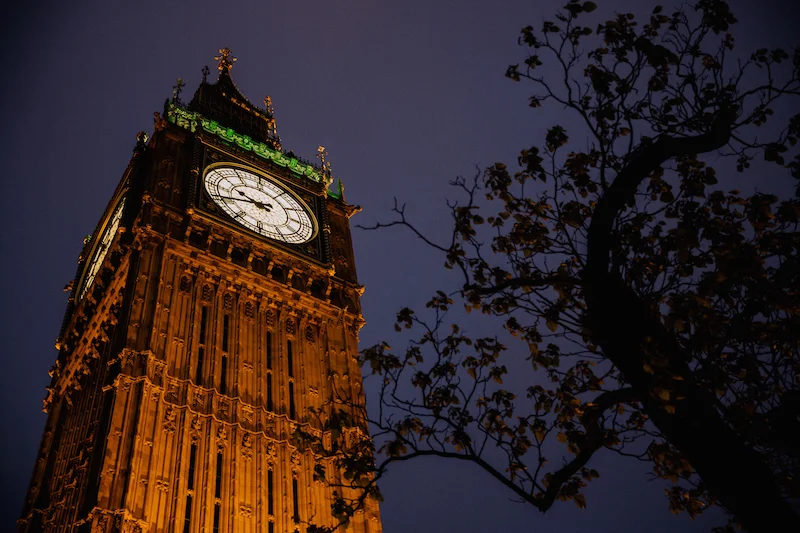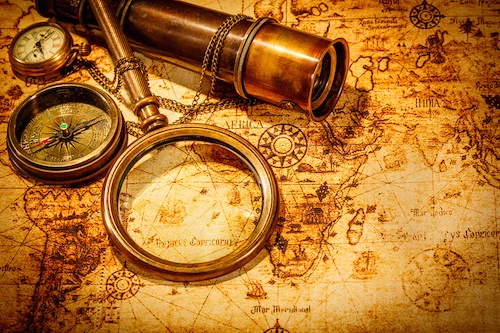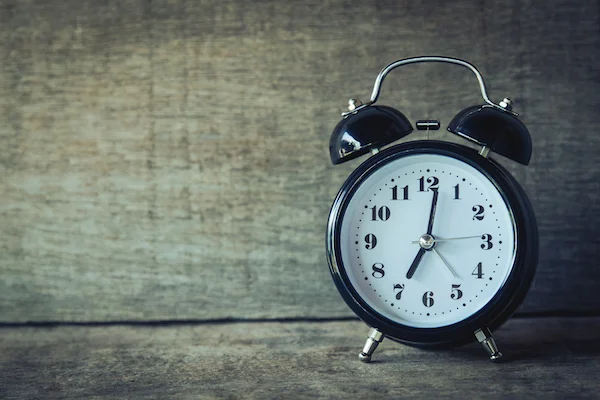Some scholars say, "History requires a certain distance between event and analysis if the latter is to assess the former in terms of significance and consequence”.* By this definition, historical scholarship requires the gathering of all possible relevant information, which can take years, decades even, to pull together. The true consequence of current affairs, the same people argue, is not knowable until such documents are available. And when memory, not reaction, informs testimony.
Other scholars contend there is no single cut-off point for when history stops and current affairs begin. They maintain that as long as you have enough sources to critically interpret the past, you can write history.
Writers of historical fiction suggest that history predates your own lived experience. Most people think that events cross into history after ten years have passed. Journalists consider their interpretations of current events to be “the first drafts of history.”


